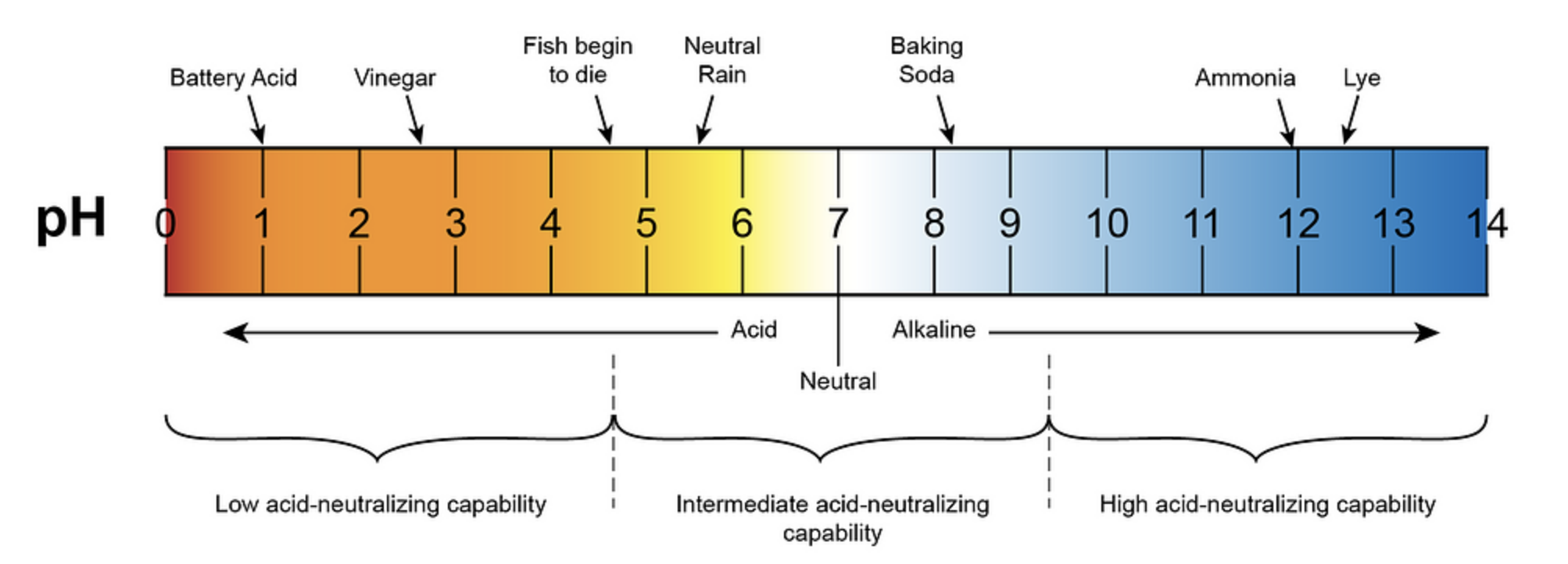The pH value of tap water in Atlanta, USA, ranges from 6.5 to 8.5, which is within the acceptable range for drinking water set by the U.S. Environmental Protection Agency (EPA). However, the pH level can vary based on various factors, and understanding the water quality in Atlanta is crucial for maintaining healthy tap water.
Understanding the Source of Atlanta’s Tap Water
Atlanta’s primary source of tap water is the Chattahoochee River and two Georgia lakes: Lake Lanier and Lake Allatoona. These water sources undergo an advanced treatment process to remove dirt, contaminants, and toxins, ensuring the water is safe for consumption.
Factors Affecting the pH of Atlanta’s Tap Water
The pH level of tap water in Atlanta can be influenced by several factors, including:
- Water Source: The pH of the water from the Chattahoochee River, Lake Lanier, and Lake Allatoona can vary due to the natural composition of the water.
- Treatment Processes: The treatment methods used to purify the water can affect the pH level, as chemicals and additives may be used to adjust the pH.
- Distribution System: The materials used in the pipes and infrastructure of the distribution system can also impact the pH of the tap water.
Contaminants in Atlanta’s Tap Water
Despite the rigorous treatment process, trace amounts of chemicals and substances can still be present in Atlanta’s tap water. These contaminants include:
- Microplastics
- Lead from pipes
- Chlorine by-products
- PFAS (Per- and polyfluoroalkyl substances)
- Bromodichloromethane
- Chloroform
- Chromium (hexavalent)
- Dibromochloromethane
- Dichloroacetic acid
- Haloacetic acids (HAA5 and HAA9)
- Nitrate & nitrite
- Total trihalomethanes (TTHMs)
- Trichloroacetic acid
- Chlorate
- Chromium (total)
- Fluoride
- Manganese
- Monobromoacetic acid
- Monochloroacetic acid
- Strontium
- Vanadium
Addressing Concerns about Atlanta’s Tap Water
To balance the pH level or address any concerns about the water’s quality, homeowners in Atlanta can consider the following solutions:
Activated Carbon Filters
Activated carbon filters can reduce the levels of chlorine, chloramines, and volatile organic compounds (VOCs) that may affect the taste and odor of tap water.
Reverse Osmosis Systems
Reverse osmosis systems can effectively remove various contaminants, including lead, fluoride, chlorine, pesticides, detergents, and nitrates, from tap water.
Ion Exchange Filters
Ion exchange filters can soften hard water by reducing calcium and magnesium ions, which can affect the pH level and taste of tap water.
When choosing a water filtration system, it is essential to research the specific contaminants present in Atlanta’s tap water and select a system that effectively targets those contaminants.
Conclusion
The pH of tap water in Atlanta, USA, generally falls within the acceptable range set by the EPA. However, the water quality can be influenced by various factors, and trace amounts of contaminants may still be present. By understanding the source of Atlanta’s tap water and the potential contaminants, residents can make informed decisions about the best water filtration solutions to ensure the safety and quality of their drinking water.
References
- Atlanta Watershed. (n.d.). Water Quality Reports. Retrieved April 27, 2024, from https://www.atlantawatershed.org/water-quality-reports/
- EWG’s Tap Water Database. (n.d.). Atlanta. Retrieved April 27, 2024, from https://www.ewg.org/tapwater/system.php?pws=GA1210001
- USGS Current Conditions for Georgia – Water Quality. (n.d.). Retrieved April 27, 2024, from https://waterdata.usgs.gov/ga/nwis/current/?group_key=basin_cd&type=quality
- u/MildlyPaleMango. (2022, July 29). Is tap water safe to drink? : r/Georgia – Reddit. Retrieved April 27, 2024, from https://www.reddit.com/r/Georgia/comments/wbdbd2/is_tap_water_safe_to_drink/
- Southern Green Industries. (2022, April 18). Is Atlanta Tap Water Safe? Retrieved April 27, 2024, from https://www.southerngreen.com/blog/is-atlanta-tap-water-safe

